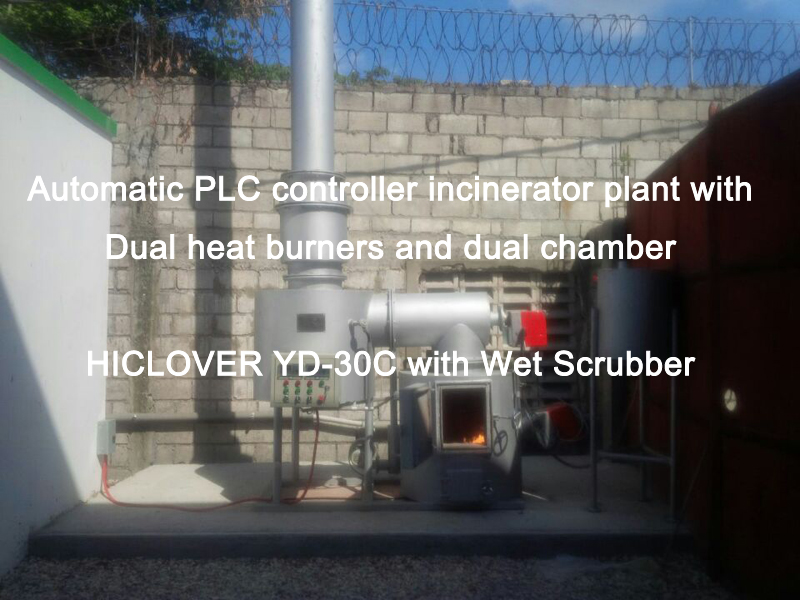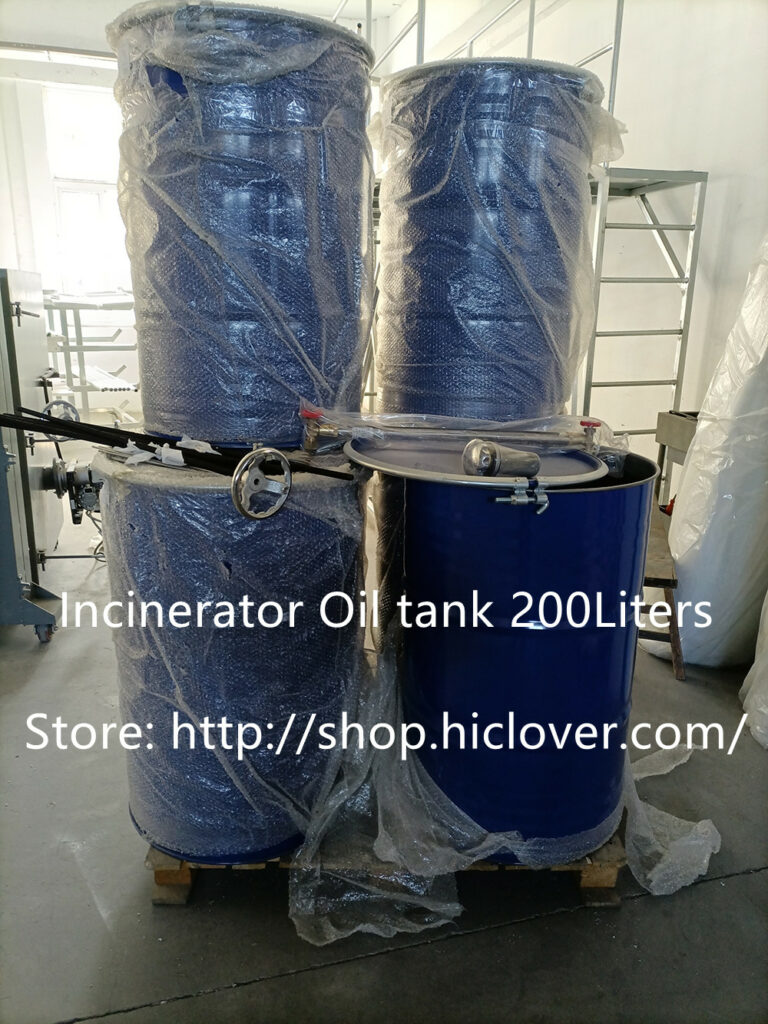Hazardous medical waste is an inevitable byproduct of the healthcare industry, and its proper handling is essential for protecting the environment, public health, and the safety of healthcare workers. Improper disposal of medical waste can lead to a range of negative consequences, including the spread of infectious diseases, contamination of water and soil, and harm to wildlife and ecosystems. Therefore, it is crucial for healthcare facilities to implement effective strategies for managing and disposing of hazardous medical waste.
One of the main reasons why proper handling of medical waste is so important is to prevent the spread of infectious diseases. Medical waste, such as used needles, syringes, and bandages, can carry pathogens that pose a serious risk to public health if they are not disposed of safely. By ensuring that medical waste is properly segregated, stored, and disposed of, healthcare facilities can help to minimize the risk of spreading infections and protect the health and well-being of patients, staff, and the general public.
In addition to the potential health risks, improper disposal of medical waste can also have a detrimental impact on the environment. Medical waste contains a range of hazardous chemicals and substances that can contaminate soil and water if they are not disposed of properly. This can lead to pollution of water sources, harm to marine life, and damage to ecosystems. Moreover, some medical waste can release toxic gases when incinerated, contributing to air pollution and posing a threat to human health.
Furthermore, the mishandling of medical waste can also put healthcare workers at risk. Without proper training and equipment, healthcare workers may be exposed to hazardous materials and pathogens, increasing their risk of contracting infections and illnesses. By implementing strict protocols for the safe handling and disposal of medical waste, healthcare facilities can protect the well-being of their staff and ensure a safe working environment.
To address these challenges, healthcare facilities must prioritize the proper handling of medical waste by implementing comprehensive waste management programs. This includes training staff on safe disposal practices, providing appropriate storage containers, and developing clear procedures for segregating and disposing of different types of medical waste. Additionally, healthcare facilities should work with licensed waste disposal companies that specialize in the safe and responsible handling of medical waste.
Furthermore, it is important for healthcare facilities to stay updated on the latest regulations and guidelines for medical waste management. This will help to ensure compliance with local, state, and federal laws, as well as industry standards and best practices.
In conclusion, the proper handling of hazardous medical waste is crucial for protecting public health, the environment, and the safety of healthcare workers. Healthcare facilities play a critical role in managing medical waste responsibly and should prioritize the implementation of effective waste management strategies. By doing so, they can minimize the risk of spreading infectious diseases, prevent environmental pollution, and create a safe and healthy working environment for their staff. Properly handling hazardous medical waste is not only a legal and ethical obligation, but it is also essential for safeguarding public health and the well-being of our planet.



